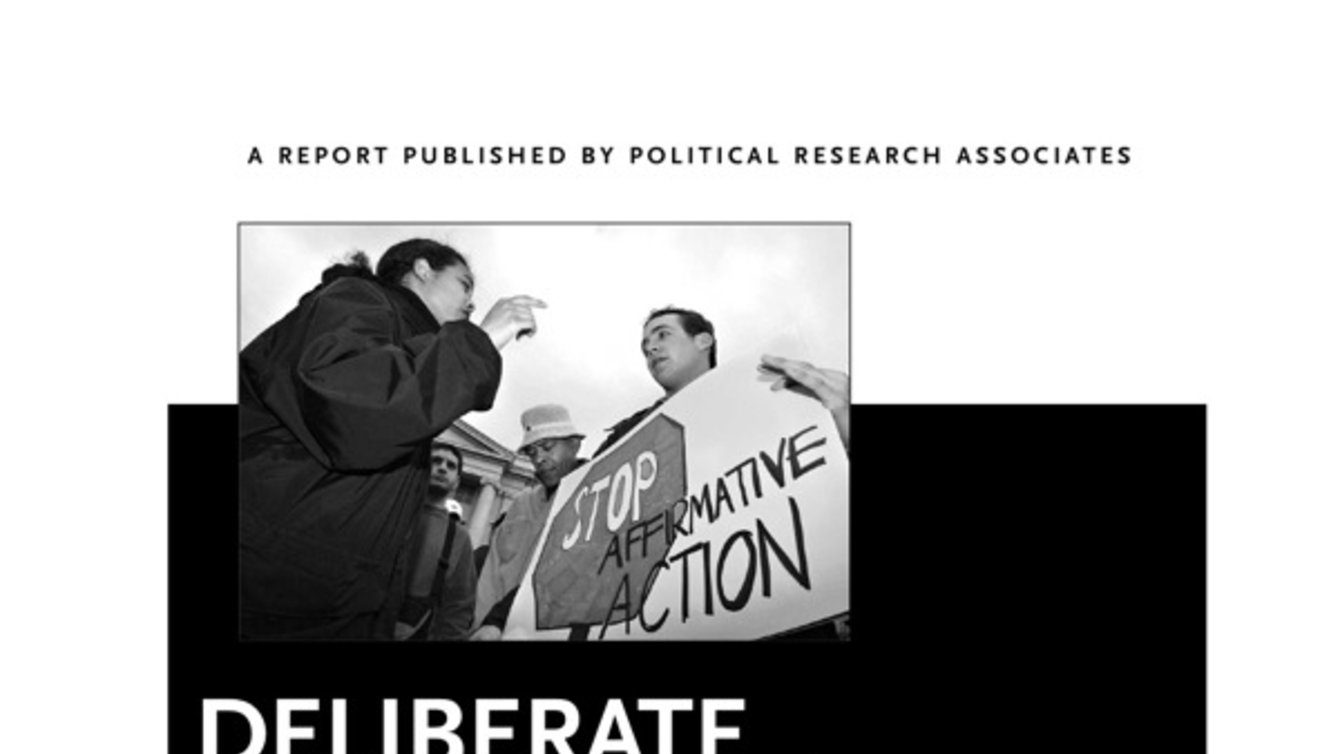U.S. colleges and universities have a long tradition of political activism. They are centers of intellectual activity; concentrations of young people live in close proximity; and students can experience new ideas and constructs about the world at school. The public expects that our campuses will erupt from time to time in response to national and international crises, but many are surprised when they do. Deliberate Differences uses A mass movement that seeks to transform society and challenge existing power relationships by means other than (but often including) the political electoral process. Learn more theory to examine both conservative and progressive campus activism, activists, and their organizations and also observes the impact of rightist and leftist social movements from the larger society on student groups. The author and project staff compiled an advisory committee of experts on the study of campus activism, conducted an in-depth literature review, identified and interviewed 86 key student leaders and faculty and staff from 8 representative schools, and 20 more graduates who are now interns or staffers at movement organizations around the country.
The report set out to:
- Produce a rounded picture of political and social conflicts and tensions on campus, the campus activism directly related to these tensions, and the impact of the tensions on democratic principles and practices on campus, such as tolerance, openness, and dialogue
- Describe and analyze the nature, goals and ideology of the programmatic work conducted on campus by national conservative and progressive organizations, their effect on campus culture, and the types of organizing being done on campus by conservative and progressive students and faculty
- Assess the comparative effectiveness of conservative and progressive groups of the competing social movements in advancing their agendas on campus and recruiting student activists with leadership potential to their movements after graduation
